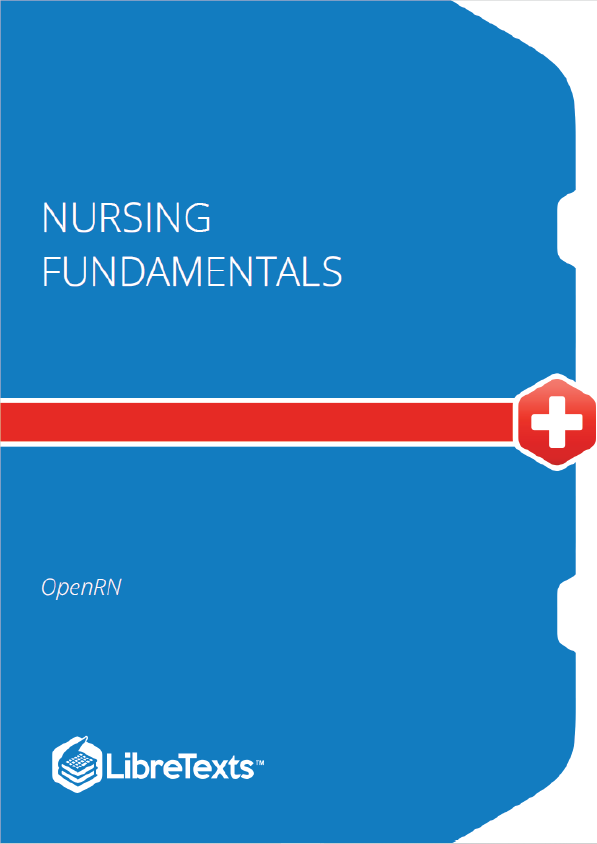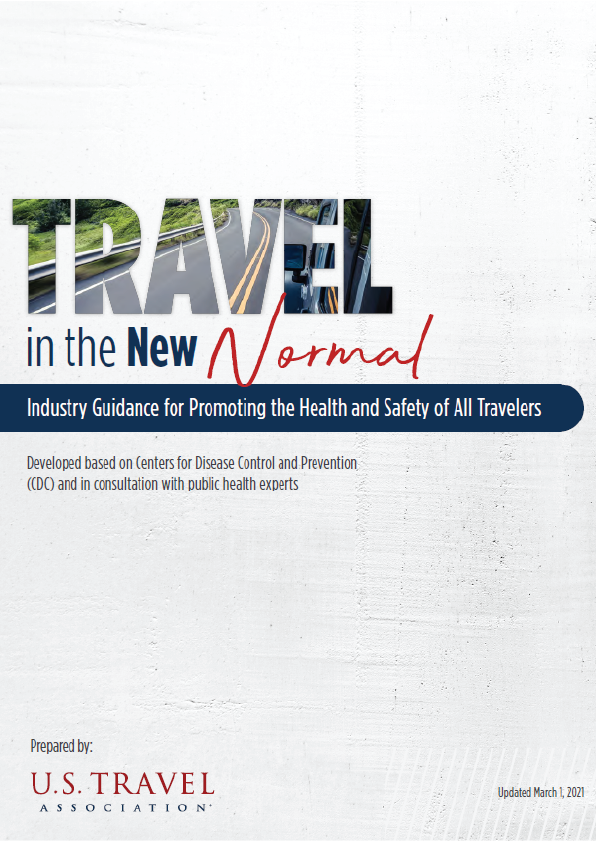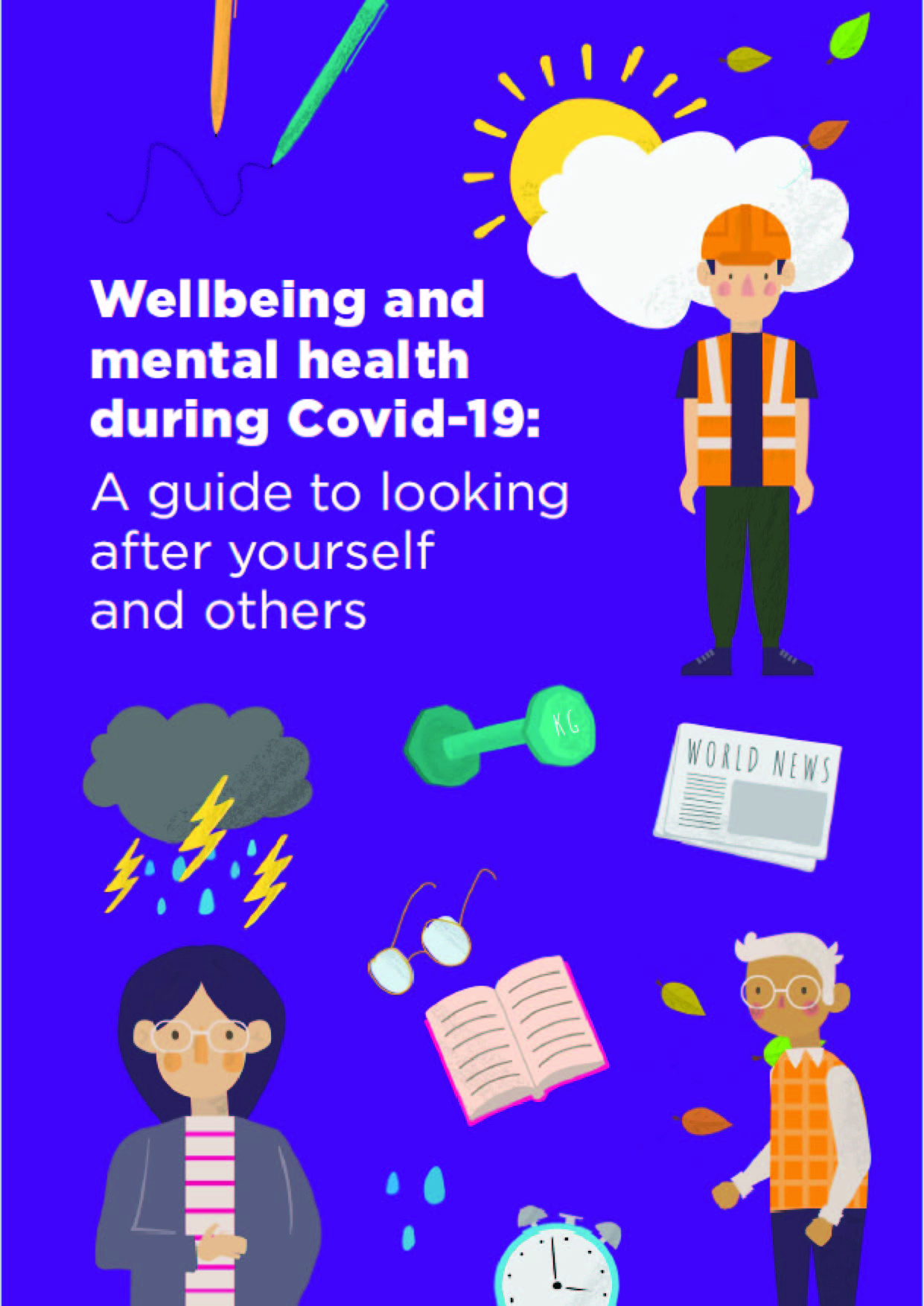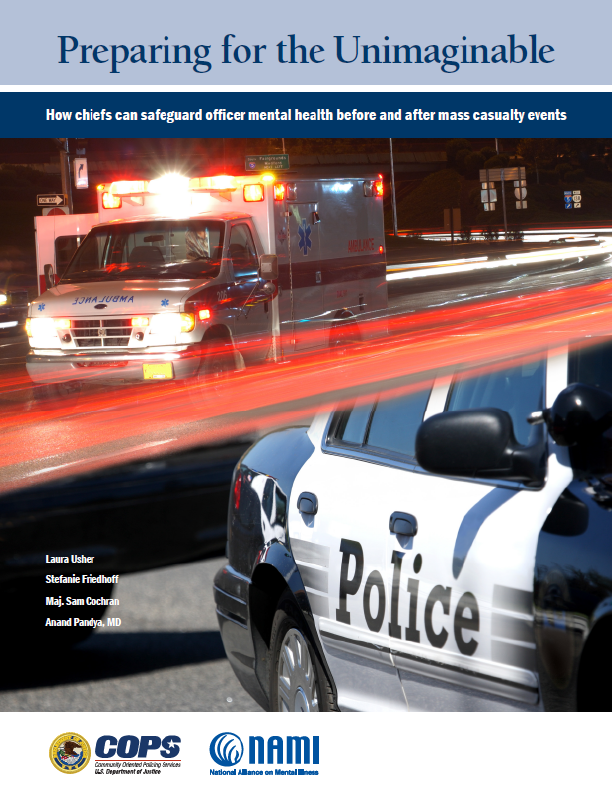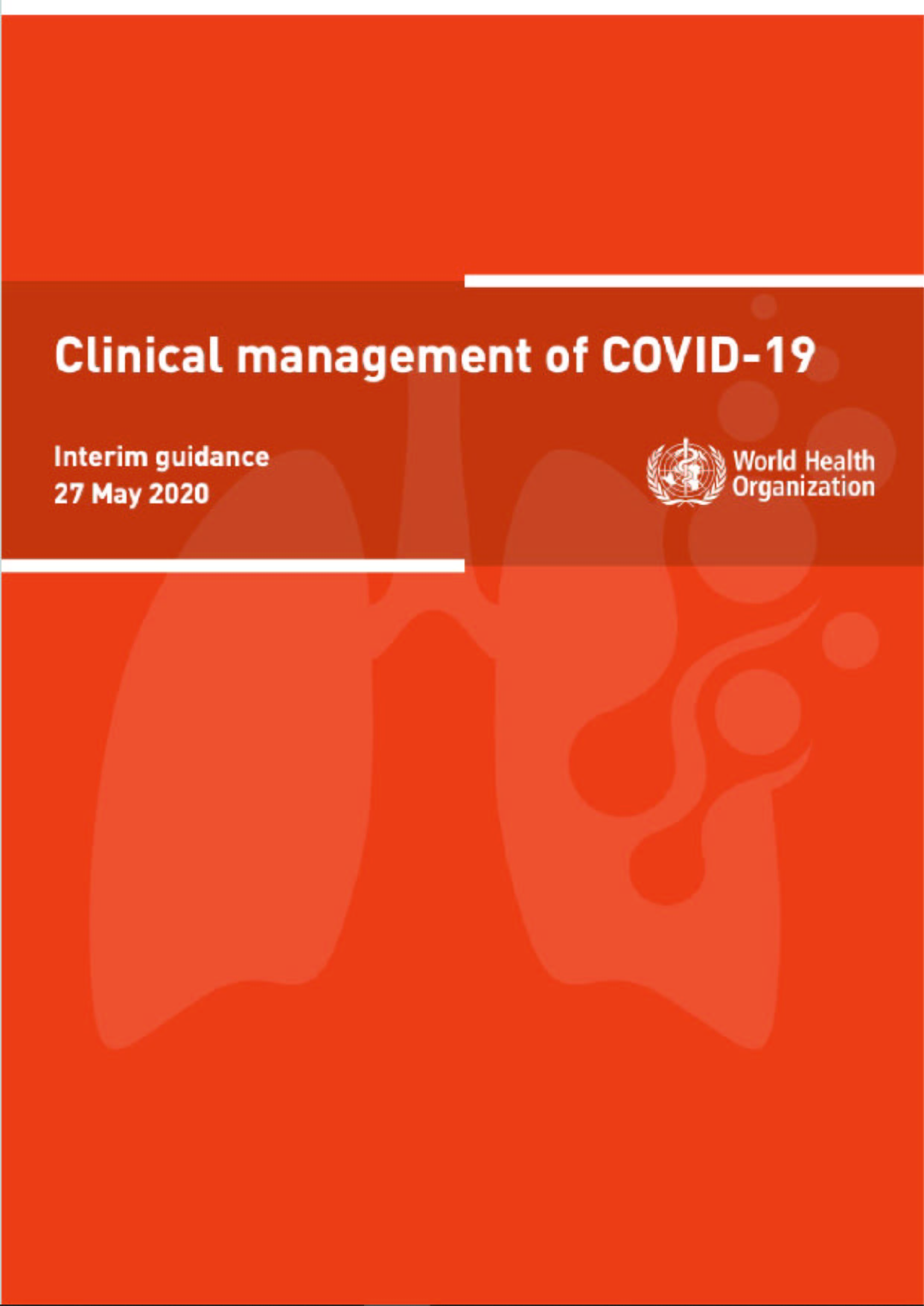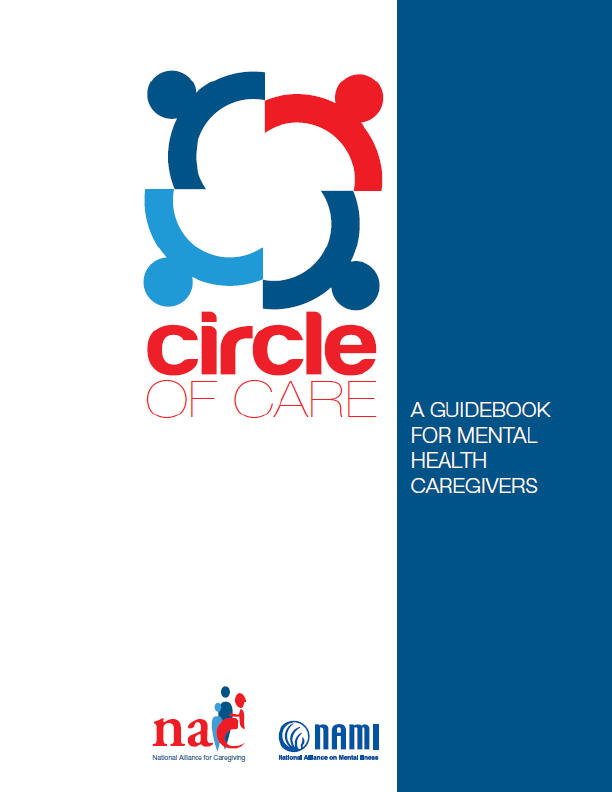This book introduces the entry-level nursing student to the scope of nursing practice, various communication techniques, and caring for diverse patients. The nursing process is used as a framework for providing patient care based on the following nursing concepts: safety, oxygenation, comfort, spiritual well-being, grief and loss, sleep and rest, mobility, nutrition, fluid and electrolyte imbalance, and elimination. Care for patients with integumentary disorders and cognitive or sensory impairments is also discussed. Learning activities have been incorporated into each chapter to encourage students to use critical thinking while applying content to patient care situations.
Conceptual Approach
The Open RN Nursing Fundamentals textbook incorporates the following concepts across all chapters:
- Holism. Florence Nightingale taught nurses to focus on the principles of holism, including wellness and the interrelationship of human beings and their environment. This textbook encourages the application of holism by assessing the impact of developmental, emotional, cultural, religious, and spiritual influences on a patient’s health status.
- Evidence-Based Practice (EBP). Textbook content is based on current, evidence-based practices that are referenced by footnotes. To promote digital literacy, hyperlinks are provided to credible, free online resources that supplement content. The Open RN textbooks will be updated as new EBP is established and with the release of updated NCLEX Test Plans every three years.
- Cultural Competency. Nurses have an ethical and moral obligation to provide culturally competent care to the patients they serve based on the ANA Code of Ethics. Cultural considerations are included throughout this textbook.
- Care Across the Life Span. Developmental stages are addressed regarding patient assessments and procedures.
- Health Promotion. Focused interview questions and patient education topics are included to promote patient well-being and encourage self-care behaviors.
Scope of Practice Introduction
- Discuss nursing scope of practice and standards of care
- Compare various settings in which nurses work
- Describe contributions of inter-professional health care team members
- Describe levels of nursing education and the NCLEX
- Discuss basic legal considerations and ethics
- Outline professional nursing organizations
- Examine quality and evidence-based practice in nursing
You are probably wondering, “What is scope of practice? What does it mean for me and my nursing practice?” Scope of practice is defined as services that a trained health professional is deemed competent to perform and permitted to undertake according to the terms of their professional nursing license. Nursing scope of practice provides a framework and structured guidance for activities one can perform based on their nursing license. As a nurse and a nursing student, is always important to consider: Just because your employer asks you to do a task…can you perform this task according to your scope of practice – or are you putting your nursing license at risk?
Nurses must also follow legal standards in when providing nursing care. Standards are set by several organizations, including the American Nurses Association (ANA), your state’s Nurse Practice Act, agency policies and procedures, and federal regulators. These standards assure safe, competent care is provided to the public.
This chapter will provide an overview of basic concepts related to nursing scope of practice and standards of care.
